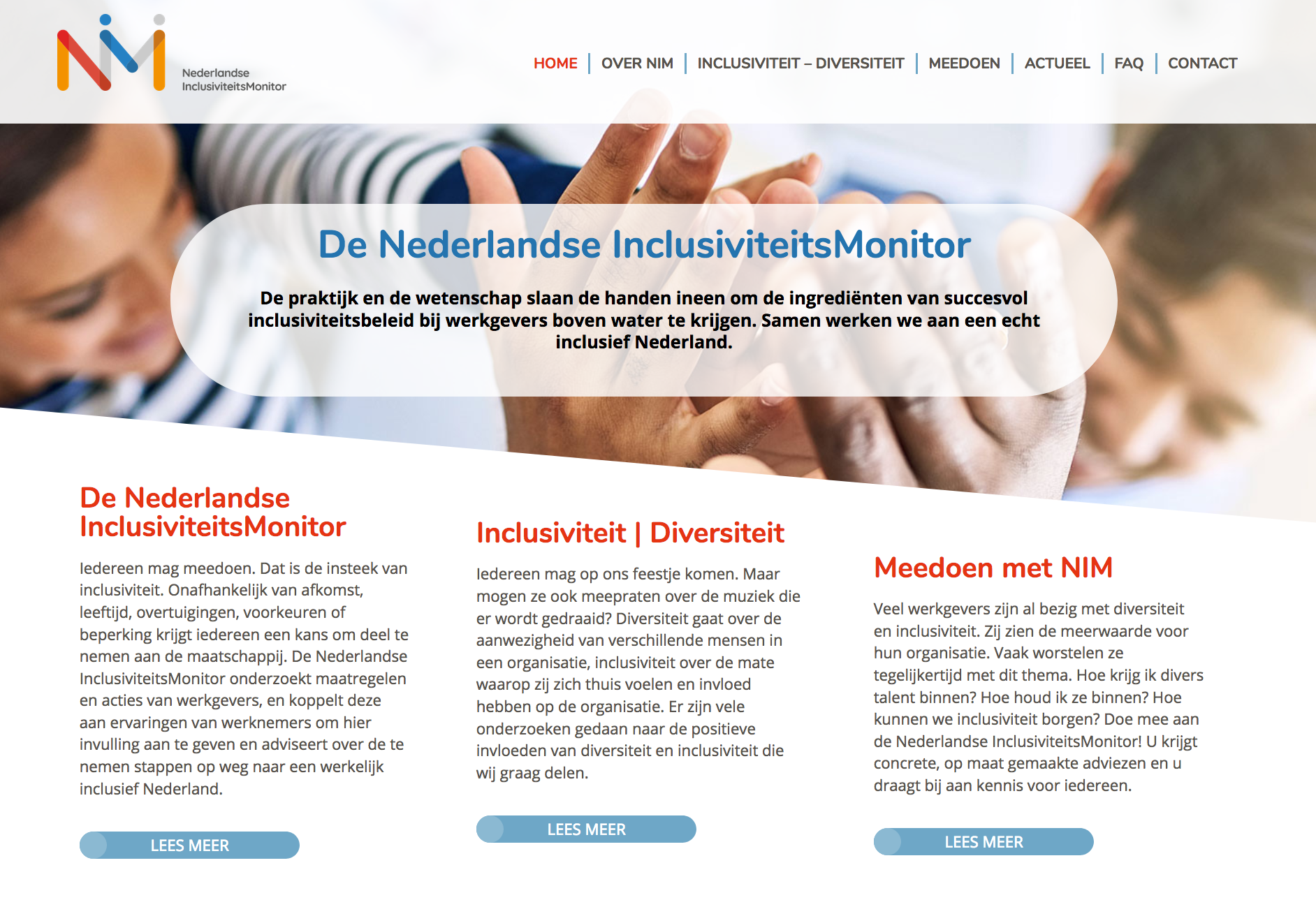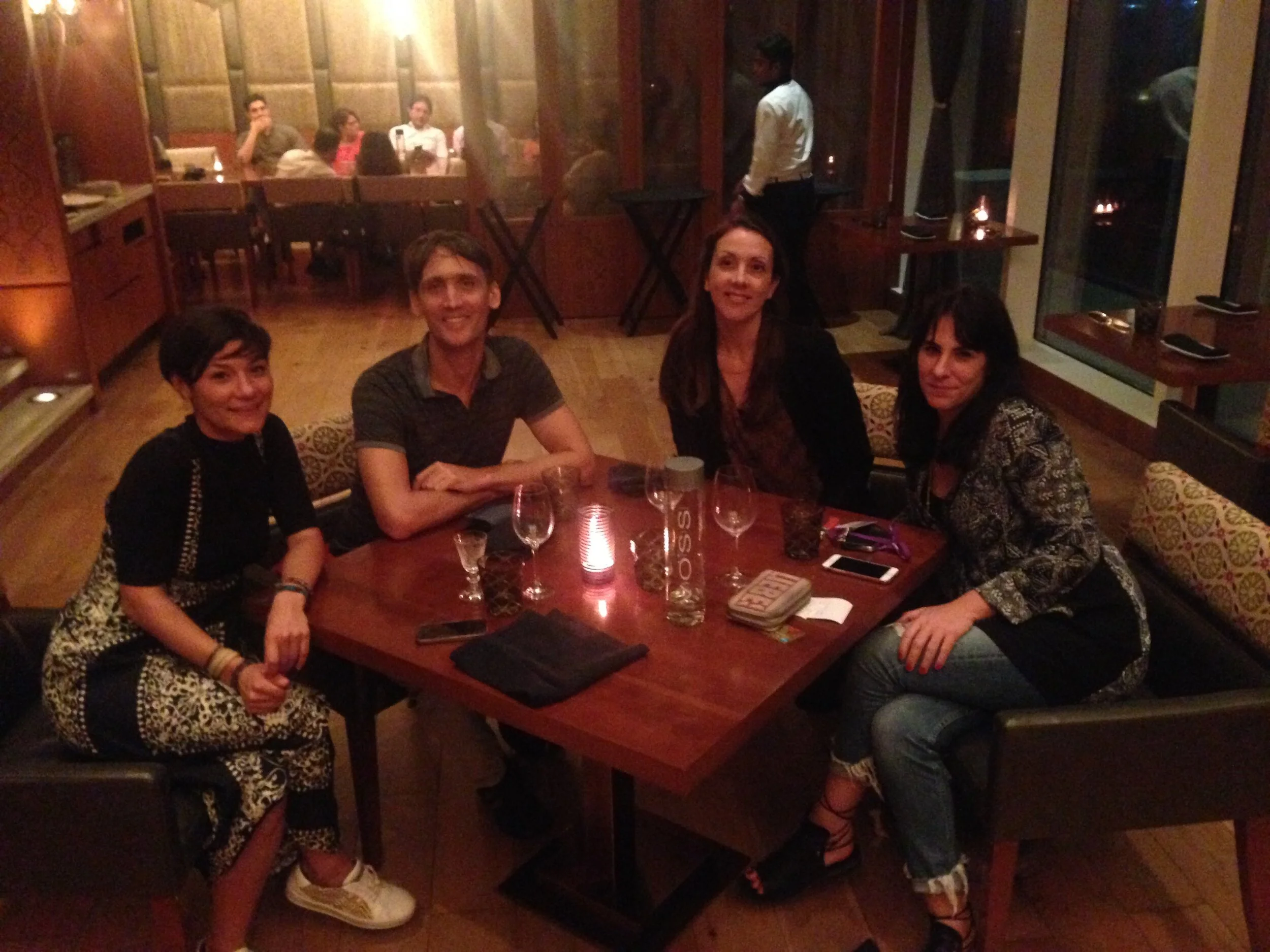I attended a workshop at Groningen University on the Justification of inequality: Conspiracy beliefs and sexism . In this workshop, prof. Robbie Sutton, professor of Social Psychology at the University of Kent, introduced us to his and others’ work on the social psychology of justice and (in)equality, with a specific focus on the psychological mechanisms associated with conspiracy beliefs and the role of ambivalent sexism theory in ideology.
My favorite part was the discussion of an article reporting that beliefs in mutually contradictory conspiracy theories are positively correlated. Prof. Sutton did not only gave an engaging presentation about this work, but also raised (and answered) some thought-provoking questions about the methodologies used. From the syllabus: “[The research showed that] participants who tend to agree that Osama Bin Laden died long before the US raid in Pakistan also tend to agree that he is still alive and hiding out somewhere, and those that agree that Princess Diana was murdered are more likely to agree that she faked her own death. It is widely cited as evidence that conspiracy theorists are ‘kooky’ – or at least that their “conspiracy mentality” leads them to embrace multiple conspiracy theories, no matter how incoherent. We will be discussing this paper in light of the duality of agree-disagree scales, which by definition measure disagreement as much as agreement. Could it be that disagreement, rather than disagreement, with multiple conspiracy theories drives the correlation between them? How can we tease these possibilities apart?”











